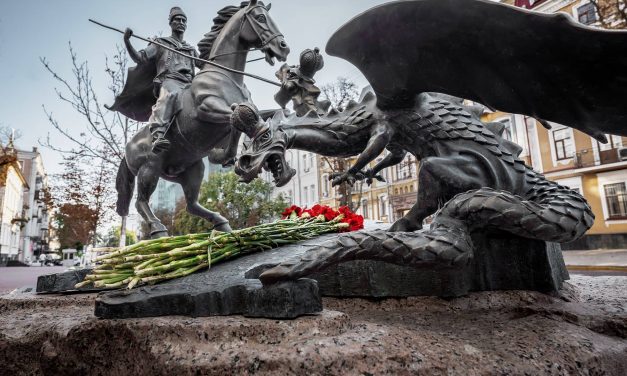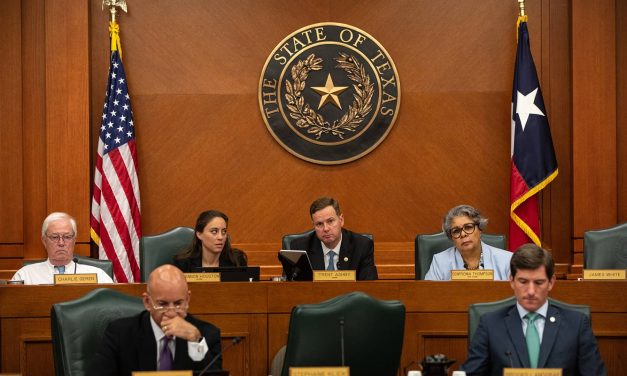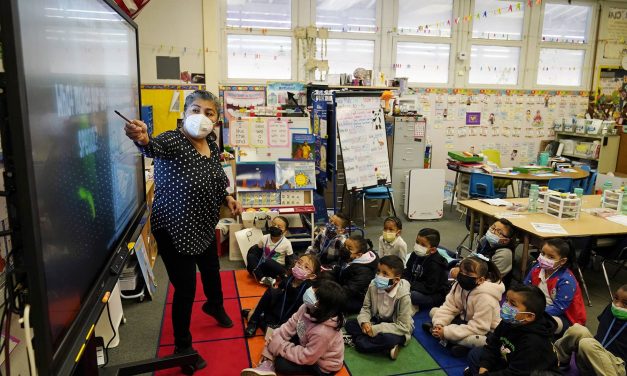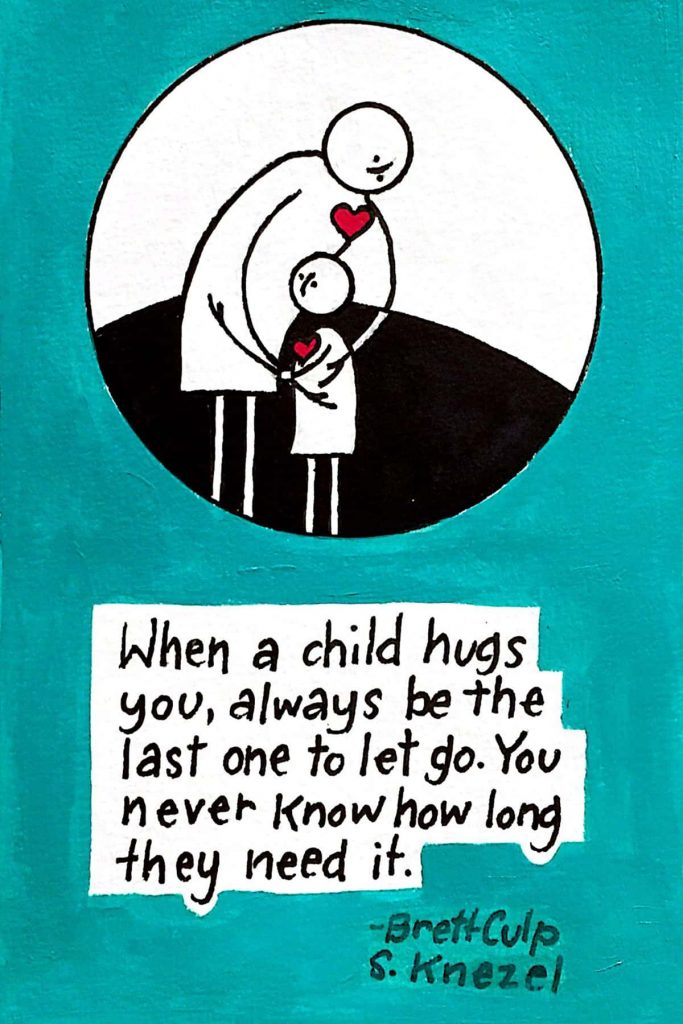A rising death toll: Why crossing the U.S. border from Mexico has become more tragic for migrants
By Joseph Nevins, Professor of Geography, Vassar College The June 2022 deaths of 53 people, victims of heat stroke, in the back of a tractor-trailer in San Antonio, Texas, show the dangers of crossing the U.S. southern border without authorization. All of the dead came from Mexico, Guatemala and Honduras – the three most common origin countries of migrants encountered by the Border Patrol in 2021 and so far in 2022. Such fatalities result from two intersecting phenomena. One is the massive growth in the federal government’s policing system in the U.S.-Mexico borderlands since the mid-1990s. The other is...
Read More















